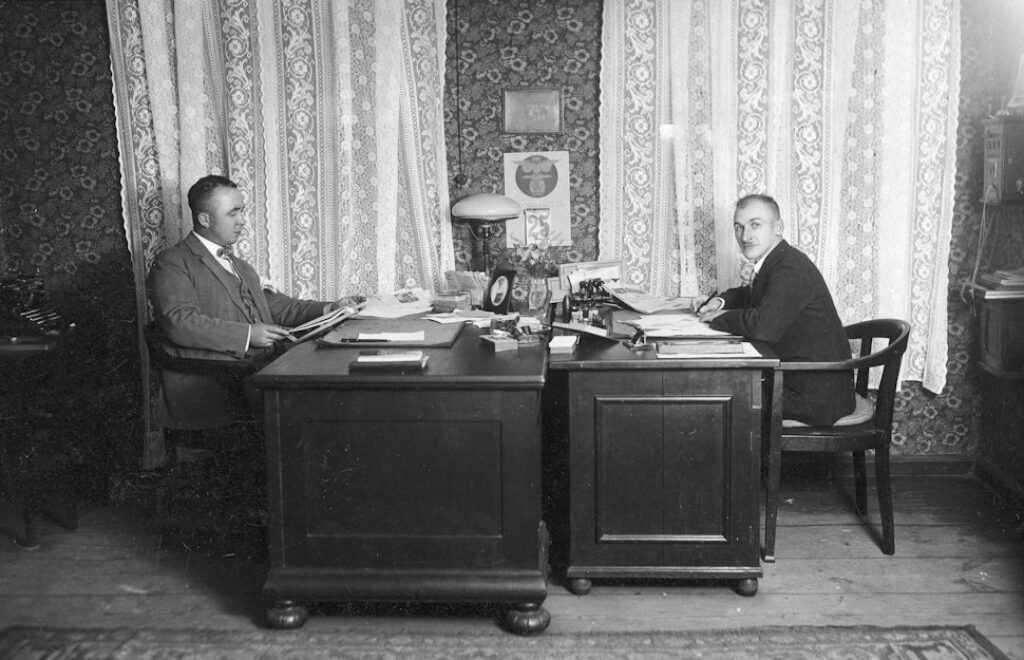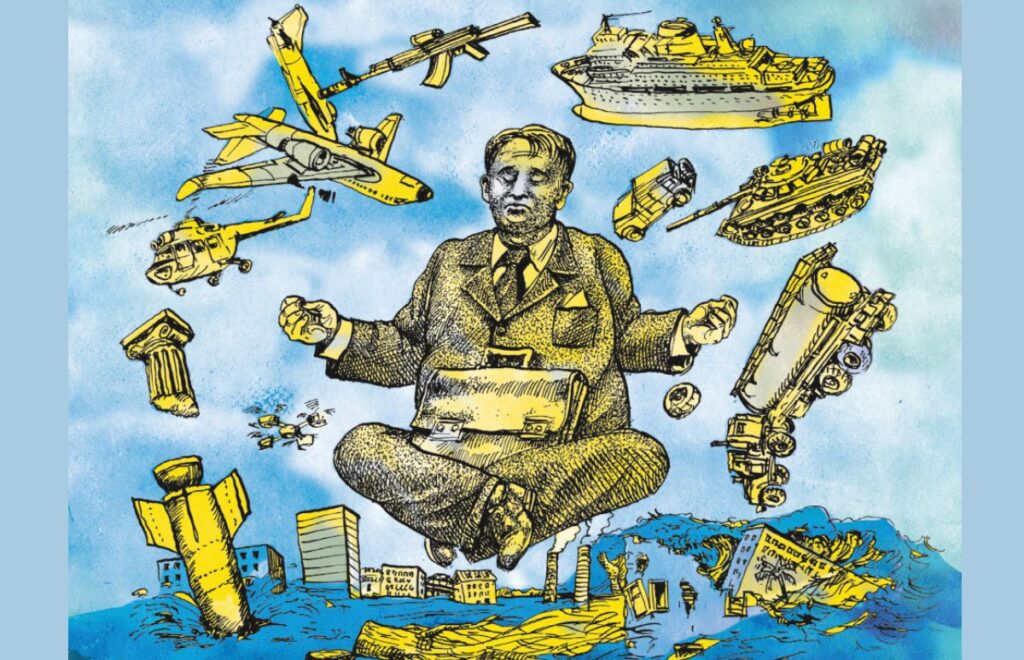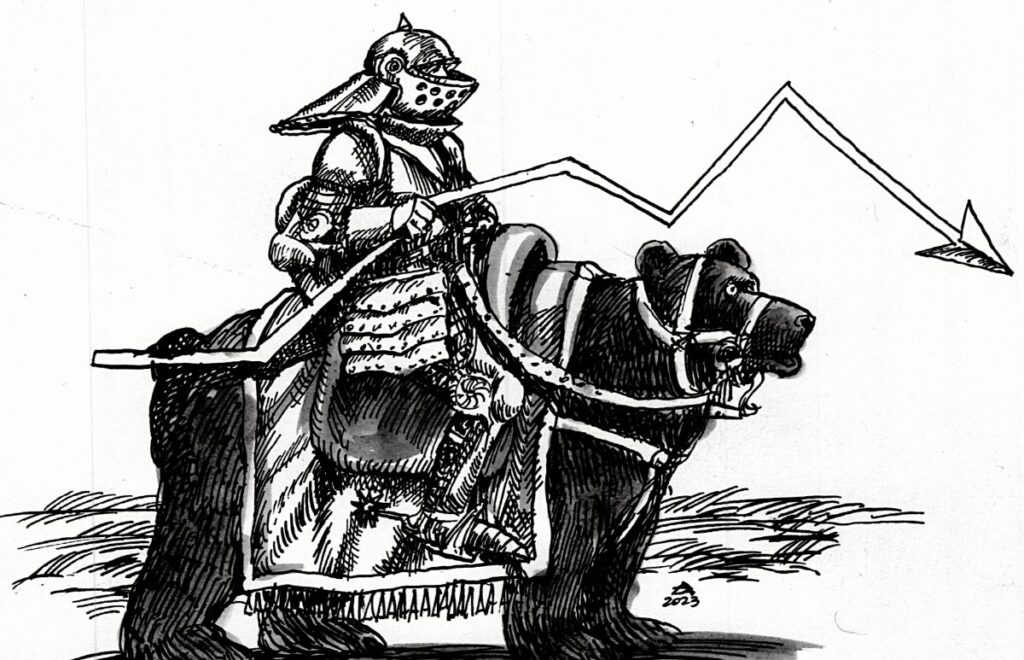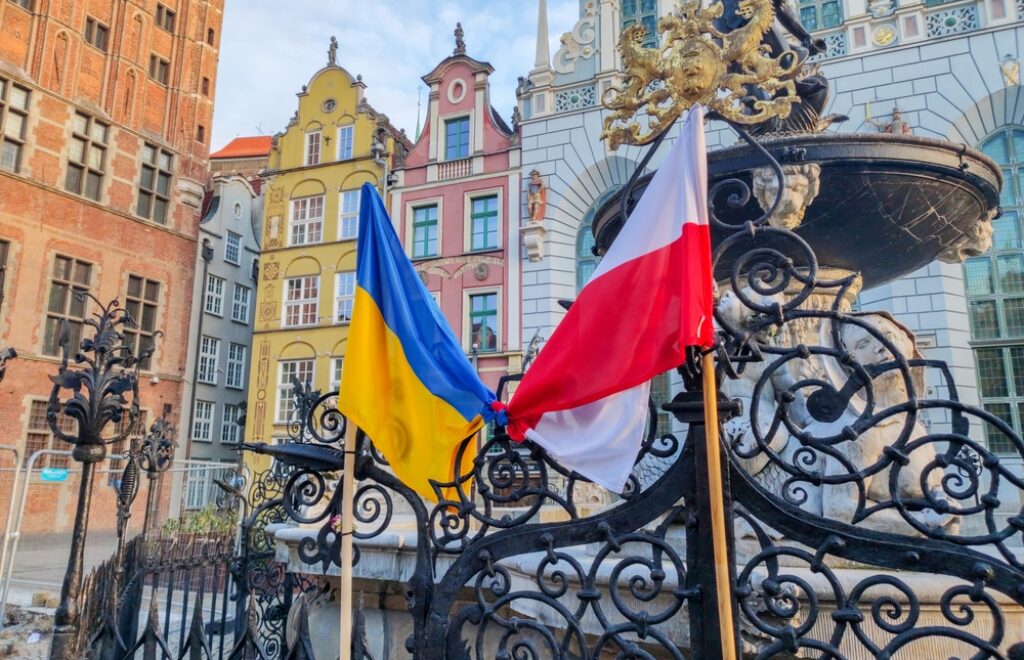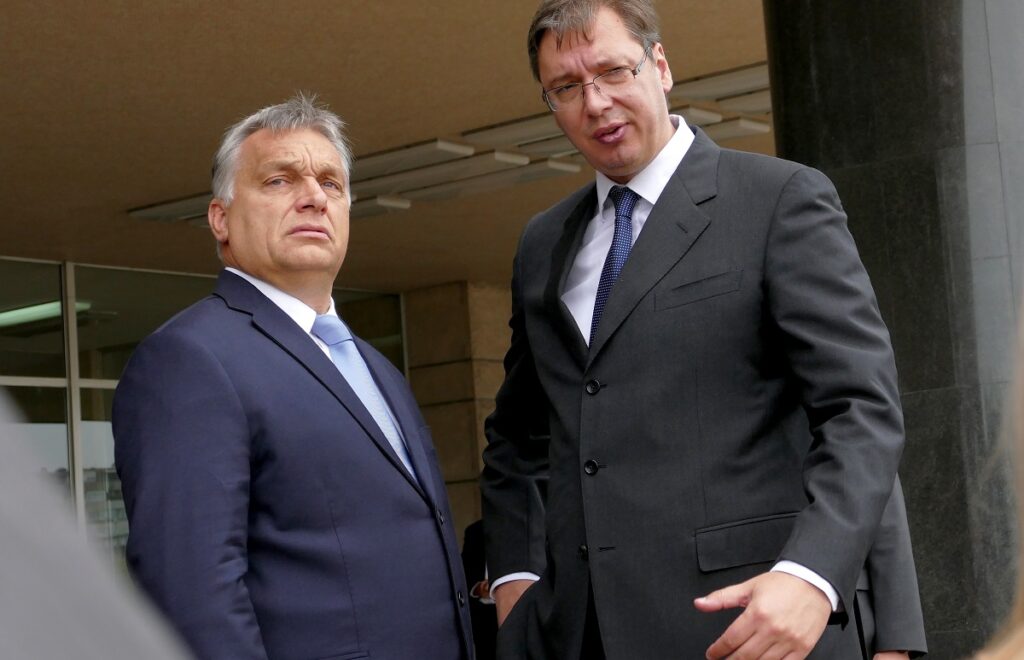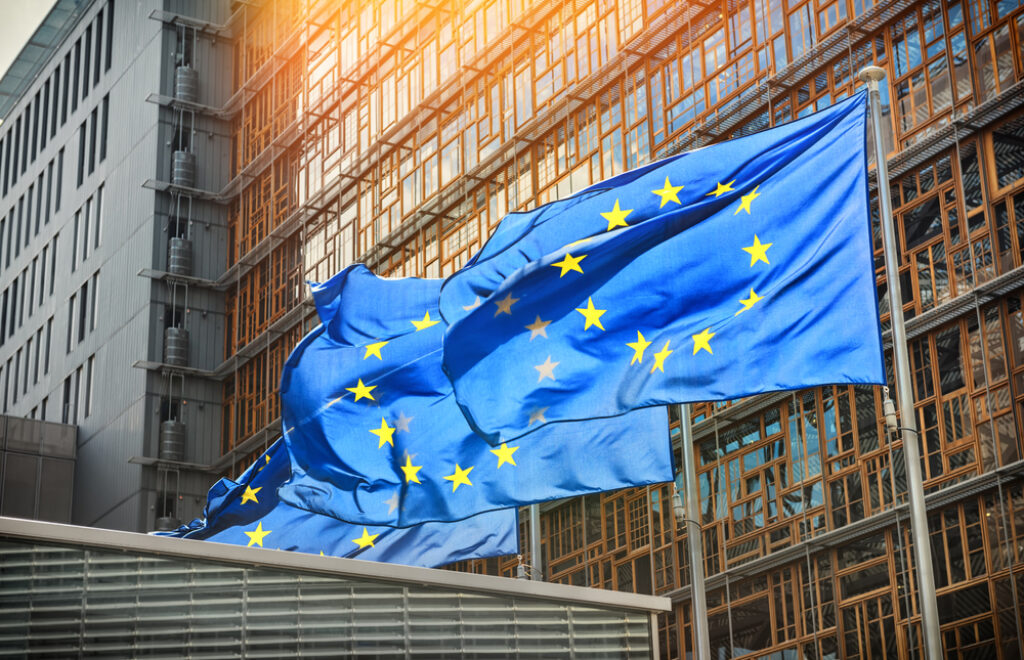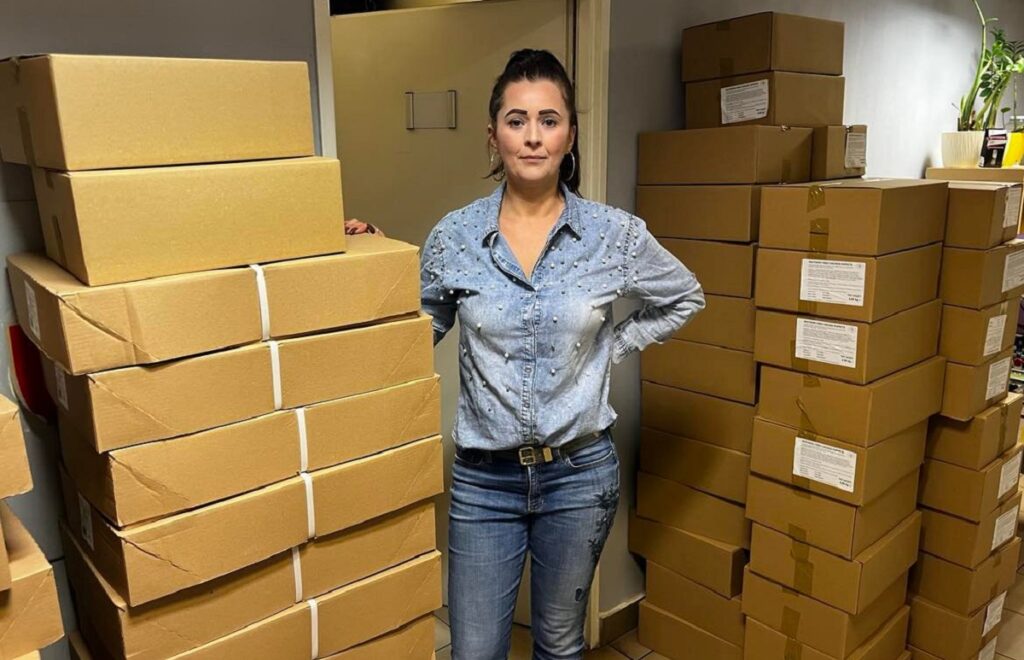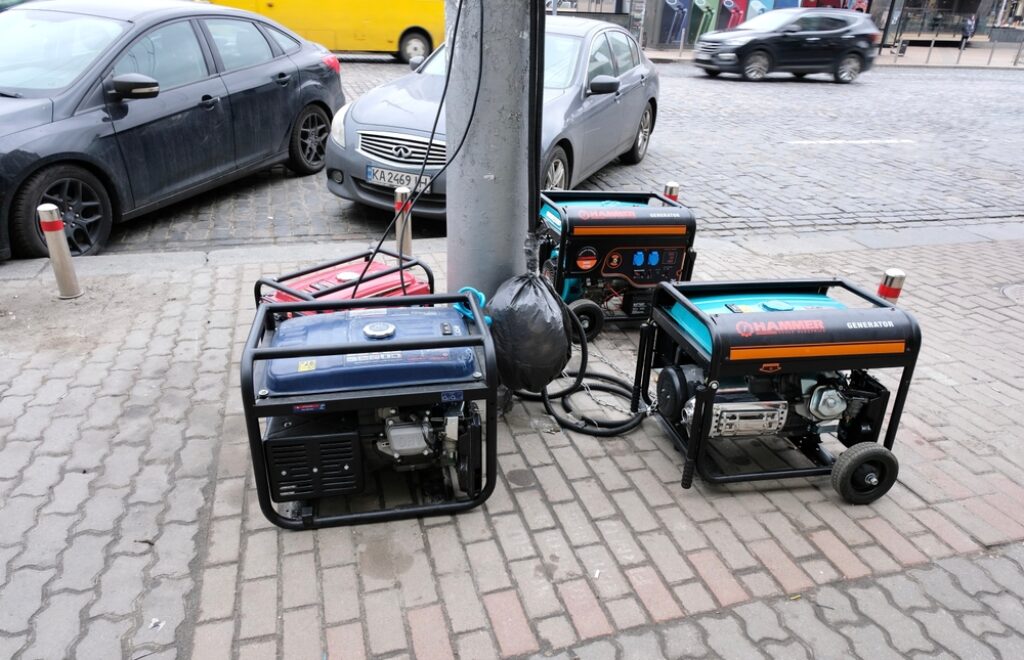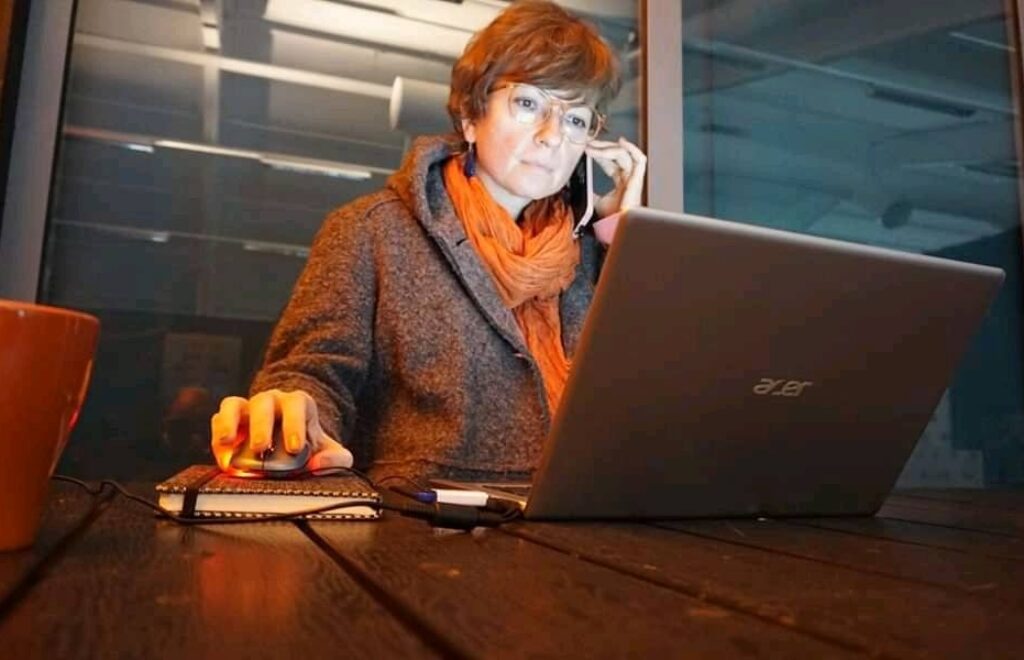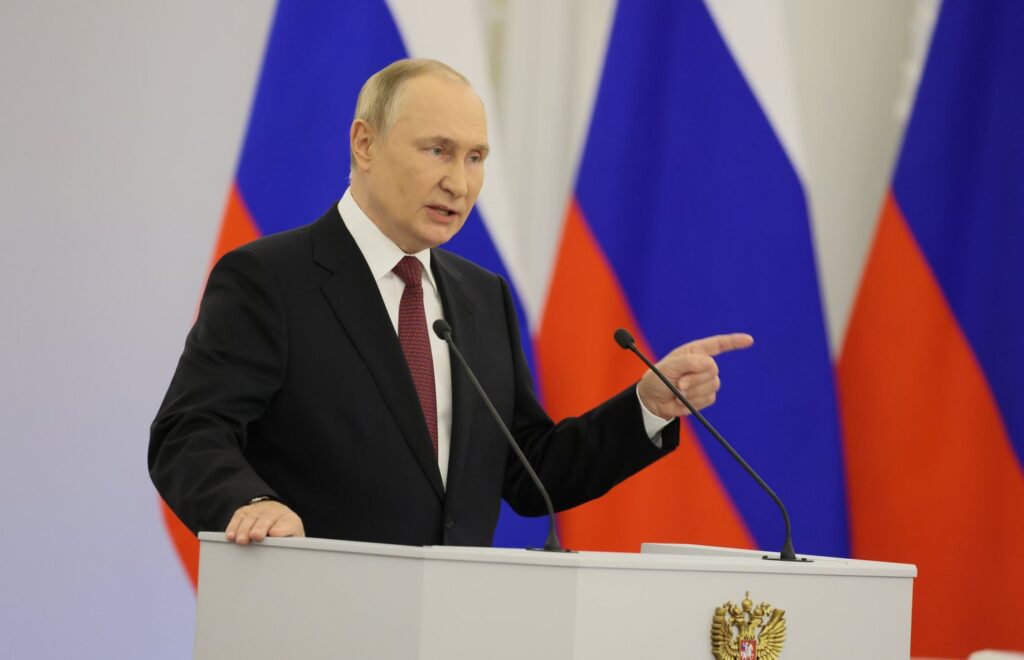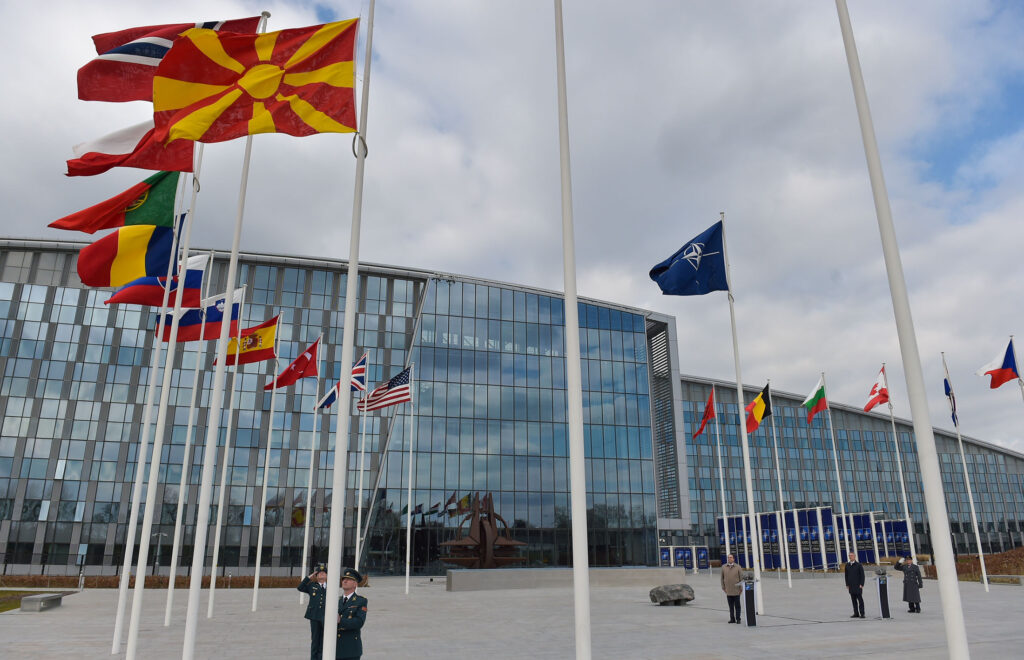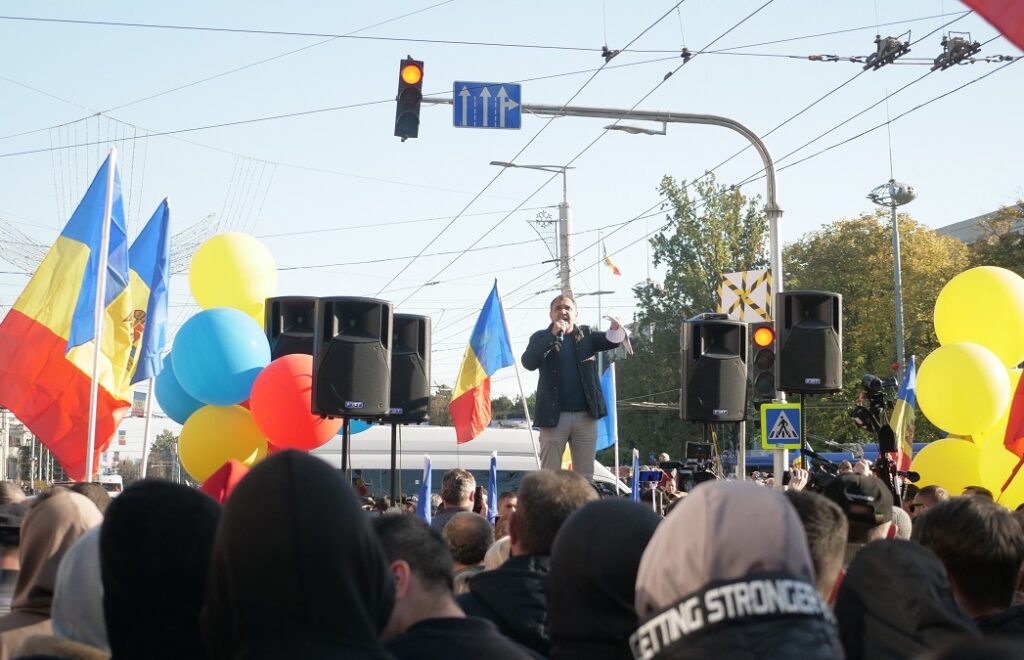Noch ist Polen nicht verloren! Germany, Poland – and Ukraine?
February 24th 1940, the concentration camp of Hohenbruch in East Prussia: on the eve of his 50th birthday, the Polish publisher, writer and activist Seweryn Pieniężny Jr. is beaten up, forced to dig his own grave and then, in his underwear, shot by Nazi guards. According to the writer Eugeniusz Tryniszewski, who published a short biography of Seweryn in 1987, his last words, shouted in German so his executors would understand, were “Noch ist Polen nicht verloren!”, Poland has not yet perished – the first line of the Polish national anthem.
April 28, 2023 - Marcel Krueger


